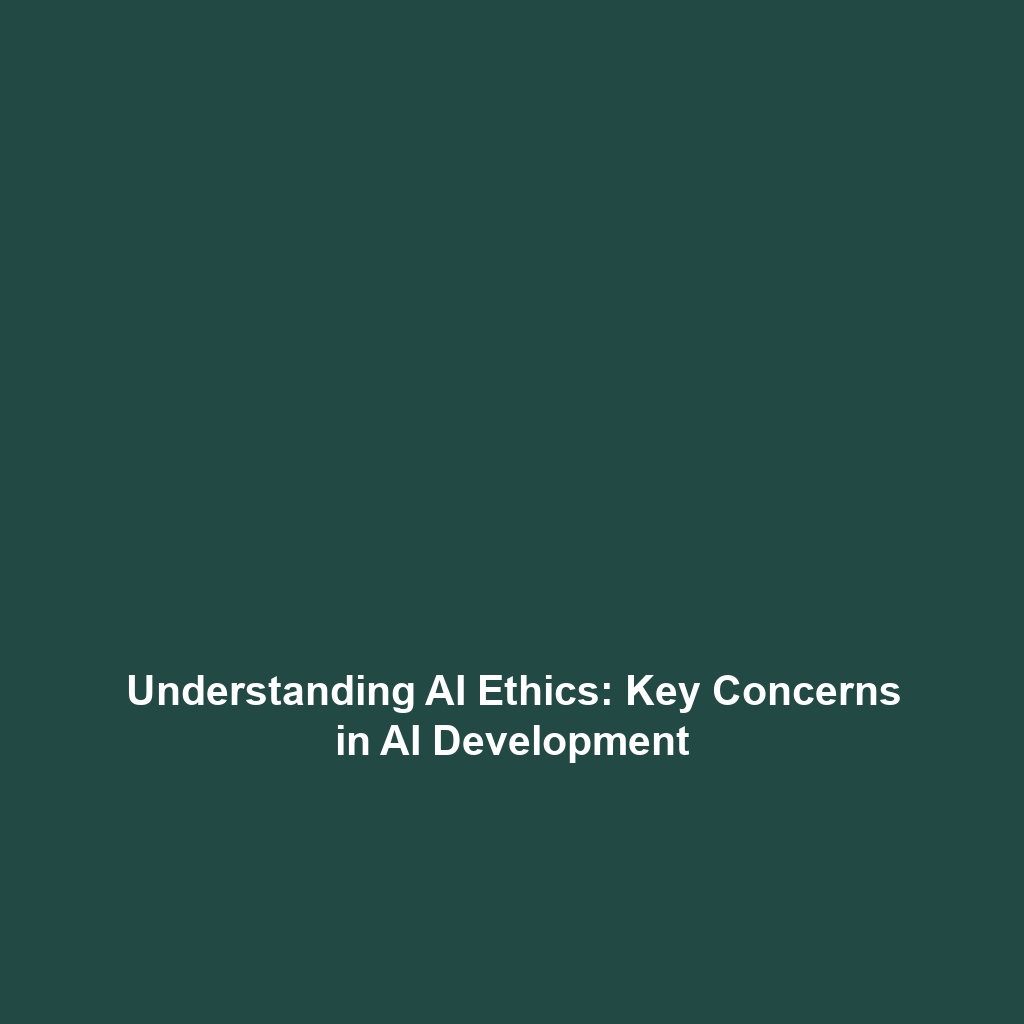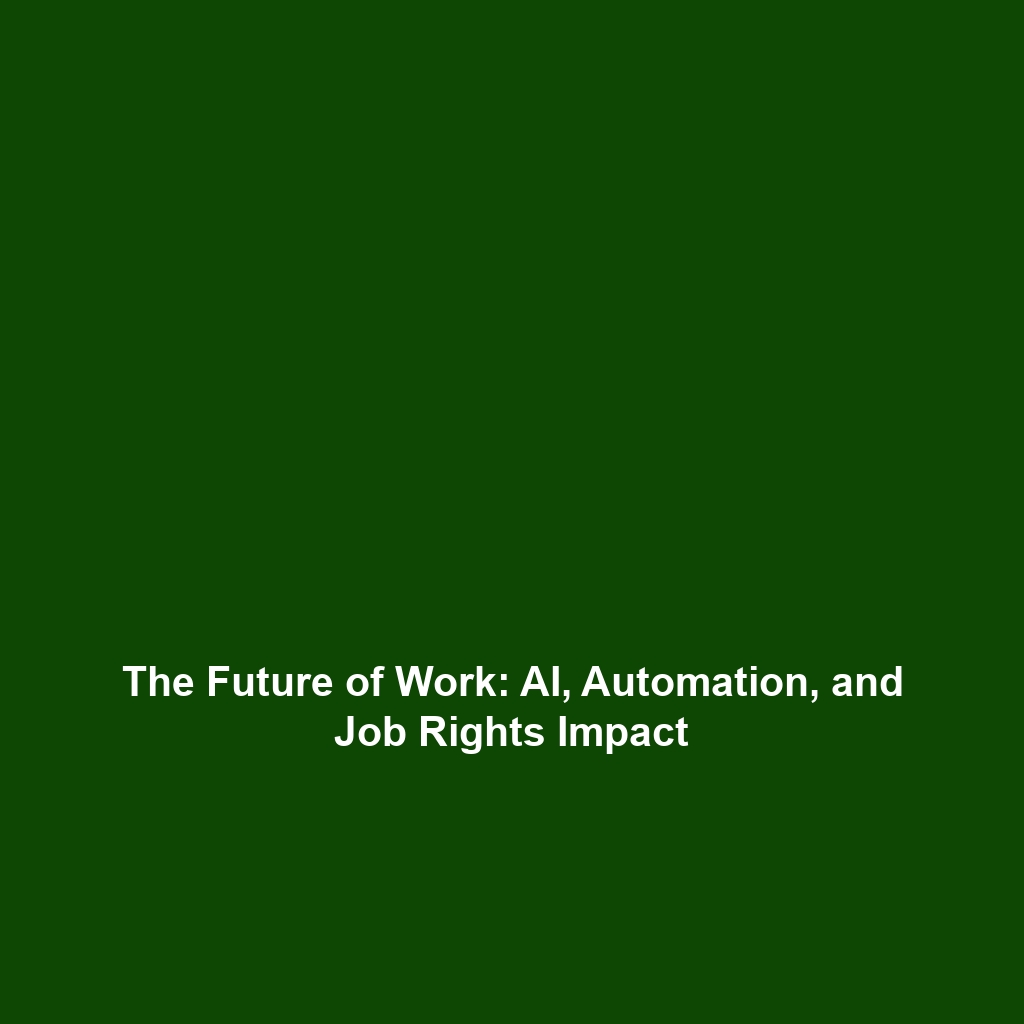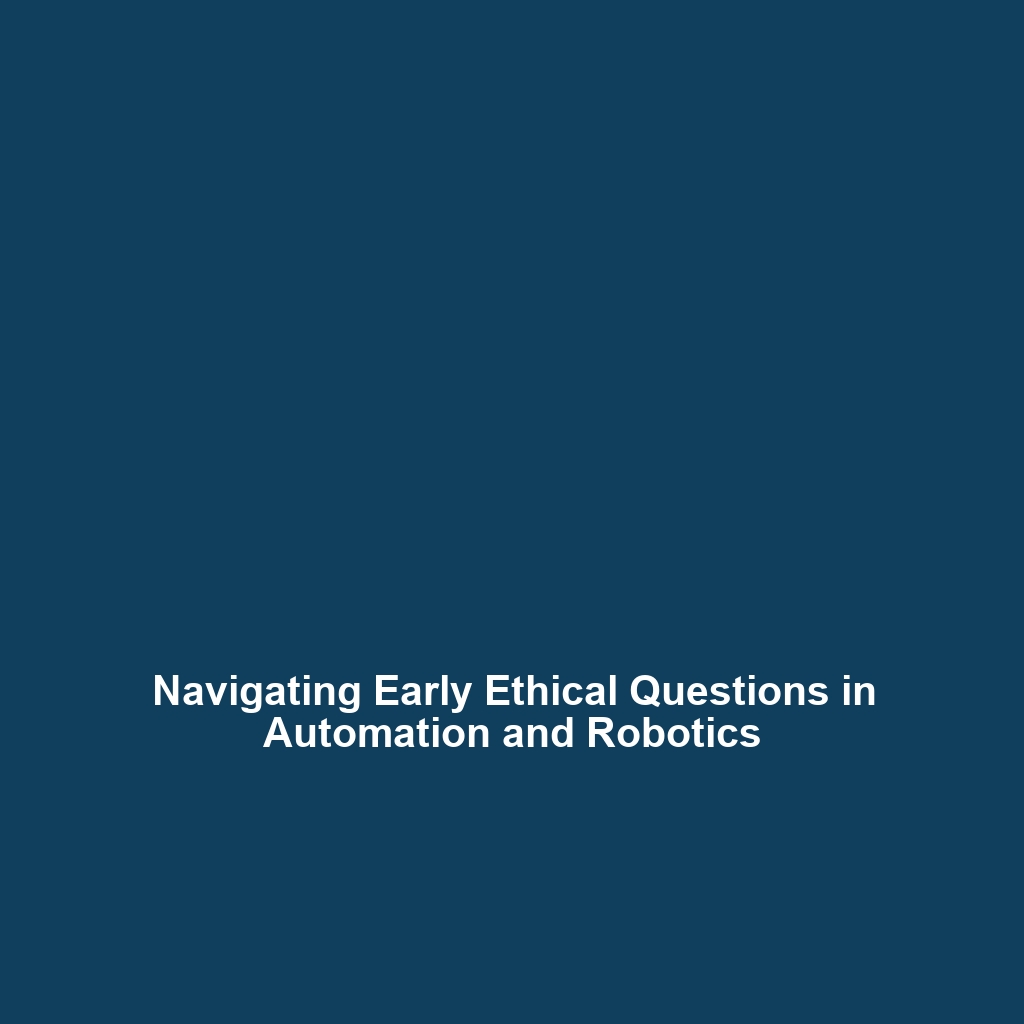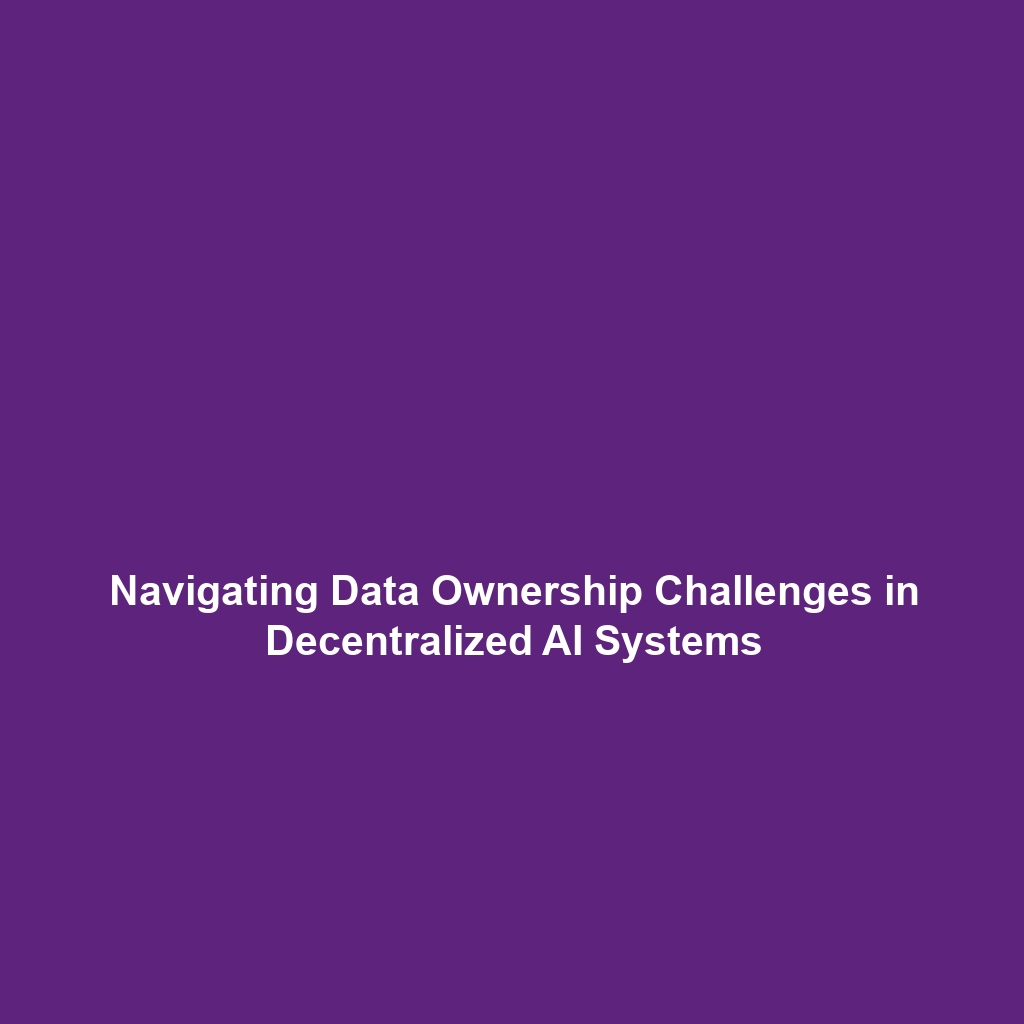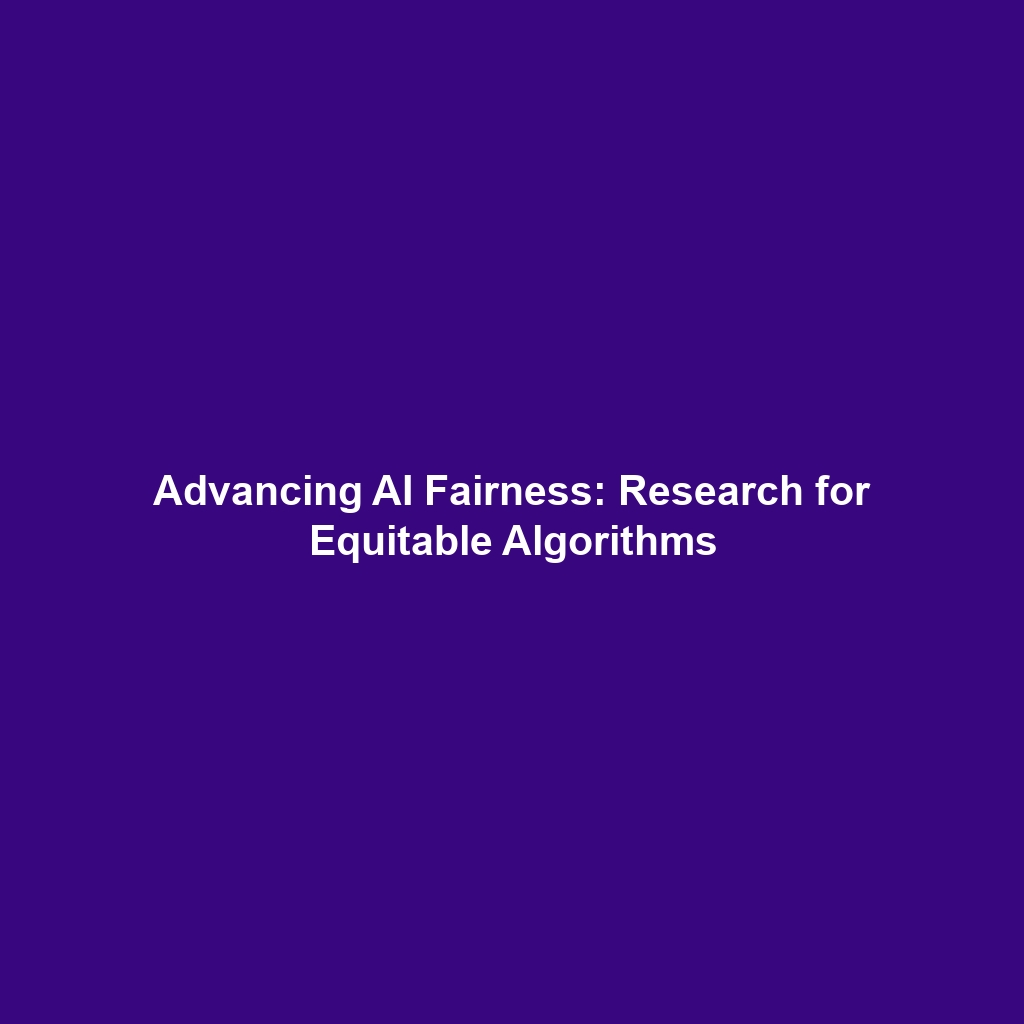The Importance of Balancing AI Innovation with Societal Values and Human Rights
Introduction
The rapid advancement of artificial intelligence (AI) poses significant ethical challenges that necessitate a careful examination of how AI innovation aligns with societal values and human rights. As AI technologies permeate various aspects of everyday life, the need to balance innovation with ethical considerations becomes increasingly crucial. The integration of AI in decision-making processes, surveillance, and data collection raises concerns over privacy, fairness, and accountability. This article delves into the importance of preserving human rights while fostering AI development, underscoring its significance within the broader scope of AI ethics.
Key Concepts
Understanding the intersection of AI innovation and societal values revolves around several key concepts:
- Human Rights in AI: The fundamental rights and freedoms that should be preserved while advancing AI technologies.
- Ethical AI Design: The practice of embedding ethical considerations and societal values into the design and deployment of AI systems.
- Transparency and Accountability: The necessity for AI systems to operate in a transparent manner, allowing for meaningful accountability in their outcomes.
These principles are essential for ensuring that AI development aligns with ethical standards and societal expectations, thereby maintaining public trust and safeguarding human dignity.
Applications and Real-World Uses
The balance between AI innovation and societal values is evident in various applications:
- Healthcare: AI is used to improve patient outcomes while ensuring privacy and informed consent are respected.
- Criminal Justice: Predictive policing tools must be scrutinized to prevent bias and uphold individuals’ rights.
- Finance: Algorithms in lending and investment must integrate fairness to avoid discrimination.
Understanding how balancing AI innovation with societal values and human rights is applied in these contexts is crucial for driving ethical considerations forward in AI ethics.
Current Challenges
Despite progress, several challenges hinder the effective application of these principles:
- Bias in AI: Historical data used to train AI models often reflect societal biases, leading to unethical outcomes.
- Lack of Regulation: The absence of comprehensive legal frameworks to govern AI practices poses risks to human rights.
- Public Mistrust: Concerns over privacy and data misuse create skepticism regarding AI technologies.
Addressing these challenges is vital for fostering a responsible approach to AI development and deployment.
Future Research and Innovations
The future of balancing AI innovation with societal values lies in several promising research avenues:
- Algorithmic Fairness: Innovations aimed at reducing bias and promoting equity in AI outcomes.
- Privacy-Enhancing Technologies: Development of tools that protect user data while maintaining functionality.
- Inclusive AI Design: Collaborative approaches involving diverse stakeholders to address ethical concerns holistically.
Continued research will be essential for navigating the evolving landscape of AI ethics and ensuring that technological advancements respect human rights.
Conclusion
In conclusion, balancing AI innovation with societal values and human rights is a pivotal aspect of AI ethics that demands ongoing attention. By integrating ethical principles into AI development, stakeholders can ensure that technological advancements do not come at the expense of fundamental human rights. Further exploration of these concepts will contribute to a more equitable and just society. For more information on AI ethics, consider reading our articles on transparency in AI and fairness in algorithm design.

